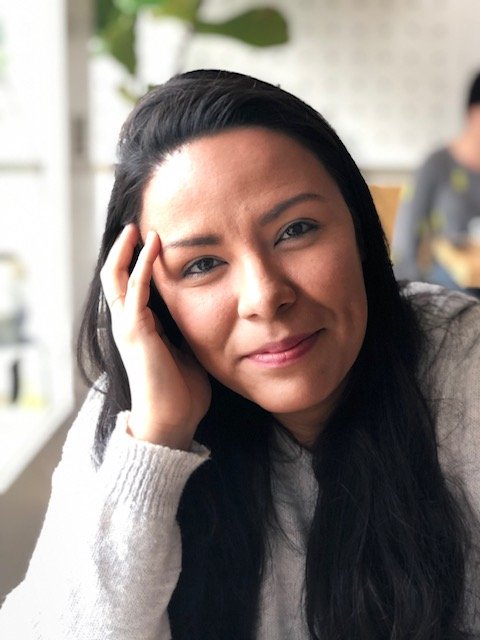
Activism and Mental Health: Why Is Activism Important
Activism as a Healing Path for Trauma Survivors. Activism is a powerful avenue for mental health and trauma healing and transformation, particularly for trauma survivors seeking to channel their experiences into positive change. It is crucial for survivors to approach activism and mental health with self-compassion, awareness, and a deep understanding of their triggers.

Coping with the Holidays: Skills and Self Care for Trauma Survivors
Togetherness can be fun, joyful, and fulfilling for many people. Yet, for many others, the idea of coming together with certain friends and family can be triggering, isolating, distressing, and anxiety-provoking.
Below, I have outlined core skills to use whenever we think our sensitivity is high.
Radical Acceptance
Mindfulness
Self and Sensory Soothing
Boundaries with people, time, and content.

Evidence-based trauma treatment: How Radical Acceptance works
In Dialectical Behavior Therapy, radical acceptance shows up as a concrete coping skill, a way of dealing with intensely distressing situations. In DBT, we acknowledge that there are moments when we can be in high distress about something that we cannot change. A skill for radical acceptance can be around accepting the truth, moving out of this distress and angst around forcing something that will not change. When we finally accept the situation, the distress tends to fall into grief, the sadness we may have been trying to avoid. The opposition to change, or acceptance, was really about preventing the grief. This realization can often bring our distress down, and we learn how to cope. Acceptance and change are in a dynamic yet creative relationship with each other. By accepting the relationship is over and the change I was hoping for is not possible, I can now move to make changes that are in my power. It stops me from going to a place of intense shame or sadness where I can now find peace and comfort.

Nurturing Trauma Through Community
Connecting to the community can not only help us recover but help us thrive and work to change our culture as a whole into a space where rape and rape culture no longer exists. My incredible guest today is Olivia Pepper. They are a star poet, a practicing mystic and ritualist, a community organizer, and a fellow survivor. It is my personal suspicion that they are also secretly a super-gifted healer for our community. Part of what makes this so beautiful is how this is what it feels like it’s supposed to be. We’re supposed to have community surround us, but there’s a shame that survivors have internalized. Survivors are seen as burdens, and we carry this shame of being othered by society. This idea that we’re not supposed to bother people and intrude on anyone’s lives plagues us. To hear that nature intended for us to be centered and have love, community, and care wrapped around us is inspiring. Being in the center feels almost like we’re the most valued rather than the ones cast out. Instead of saying, “You’re ruining this for the rest of us. We’re going to let you go,” we say, “You’re so important. Let’s layer community members around you to keep you safe and well.”

Assumptions About Survivors with Sarahi Gutierrez
In this blog post, I’m talking with my colleague and good friend, Sarahi Gutierrez, about the 10 Assumptions of Survivors. I personally consider Sarahi quite the expert in DBT. She is so masterful at engaging in this intervention, so I wanted to get her insight into how these assumptions can shape how we engage with survivors in the world and in the community, how we can engage with ourselves, and why these are so important.

10 Assumptions About Survivors
These are assumptions (or beliefs) that we should make an active choice to ascribe to as a way of interacting with survivors that’s actually helpful and effective and truly sees survivorship for what it is. Understanding that survivorship is a very unique experience and the transactions that survivors have with the outside world significantly influence their recovery is crucial. When the environment can hold beliefs about survivors that are more accurate, effective, and true to their experience, we can be more effective at helping survivors, dismantling rape culture, and ending sexual violence altogether.

Skills for Trauma Survivors: Dialectical Behavior Therapy (DBT)
Today we are diving into Dialectical Behavior Therapy, or DBT! Skills for trauma survivors can help calm distress right now. DBT is a very helpful therapy for trauma survivors. Read more to learn about the history of DBT, how DBT works for trauma survivors, and how to find a DBT therapist.


